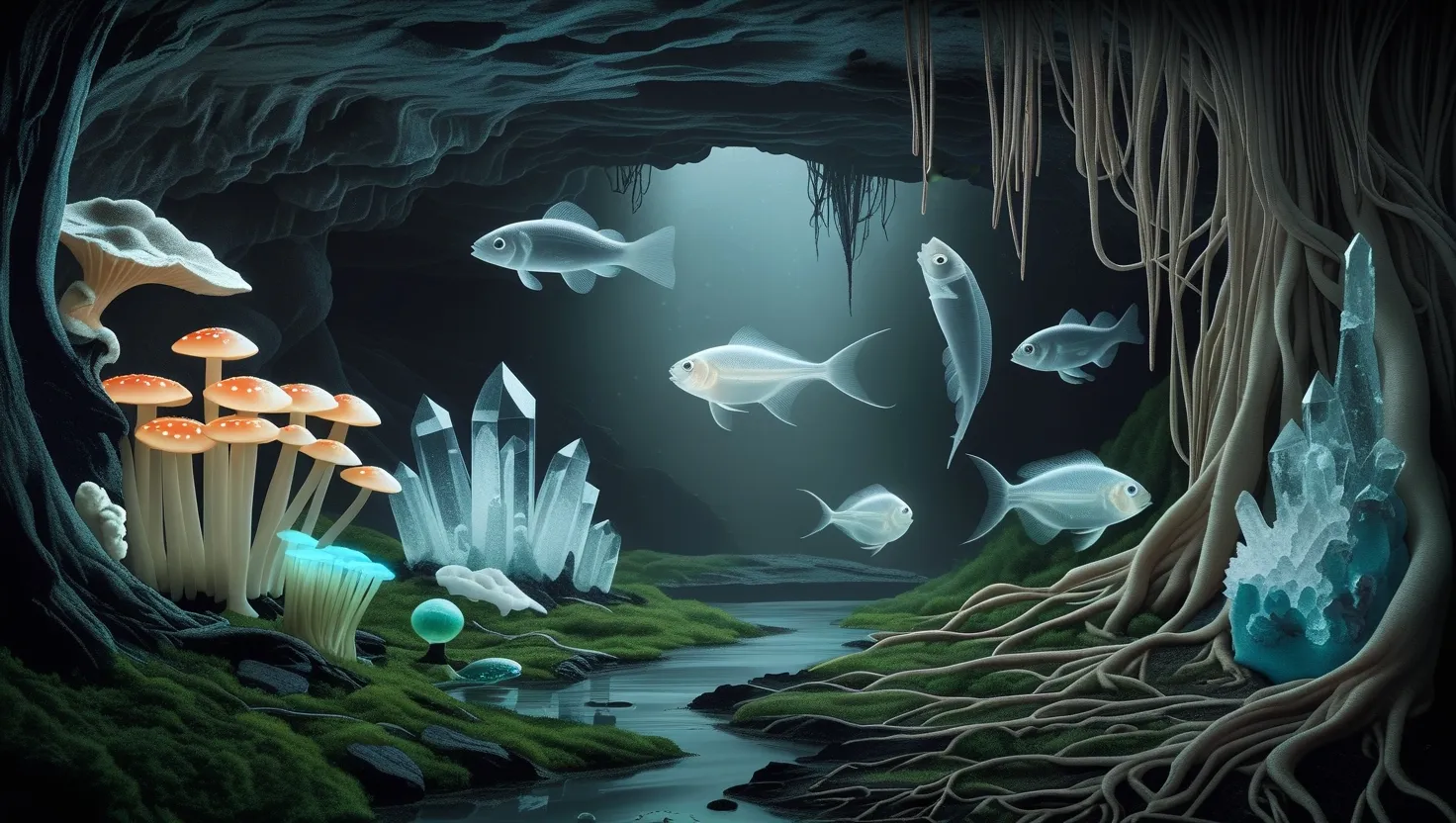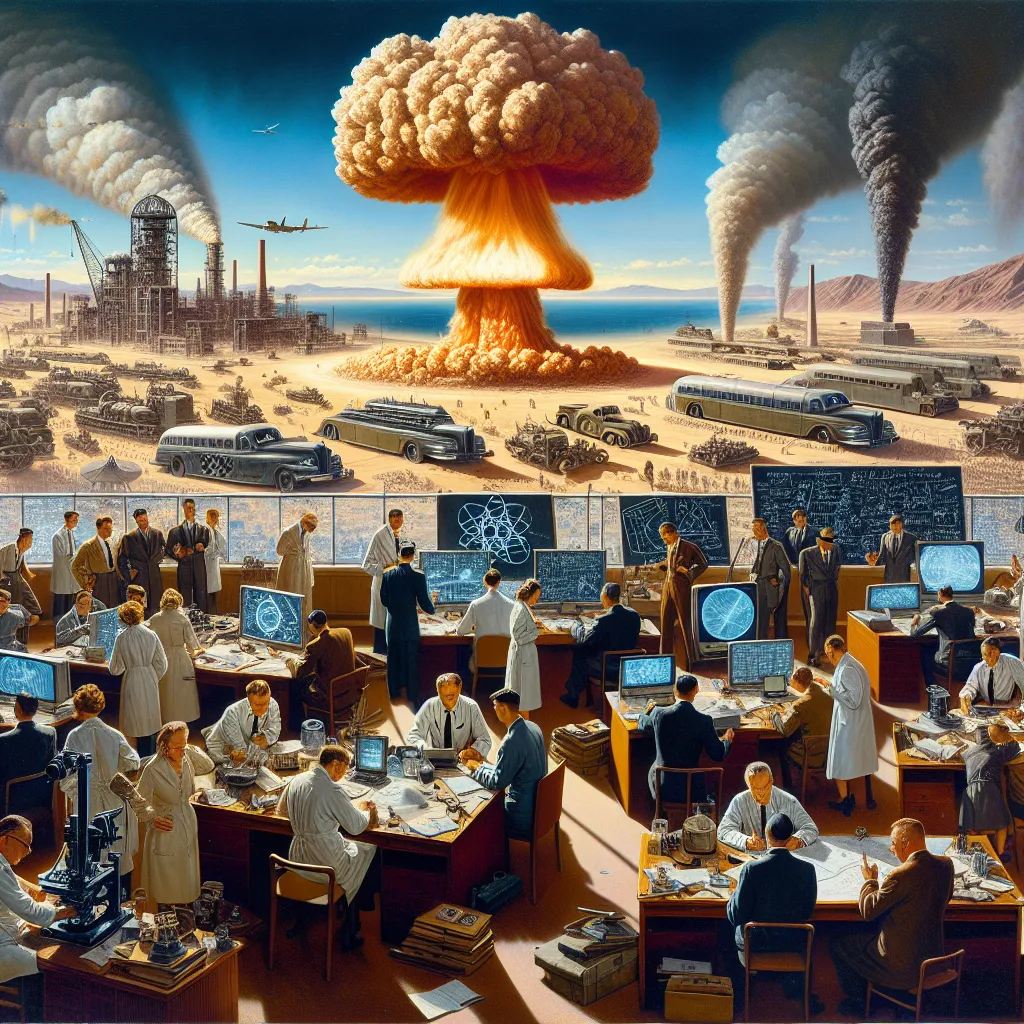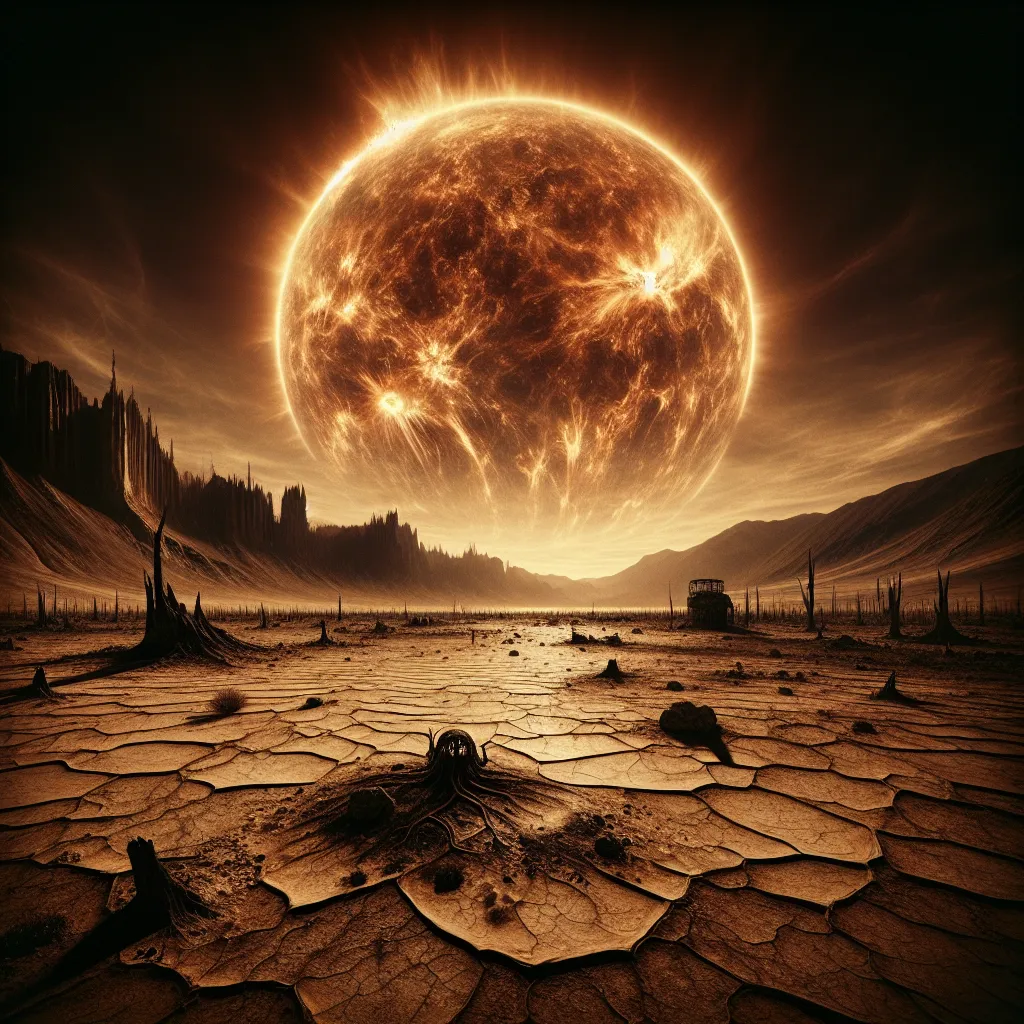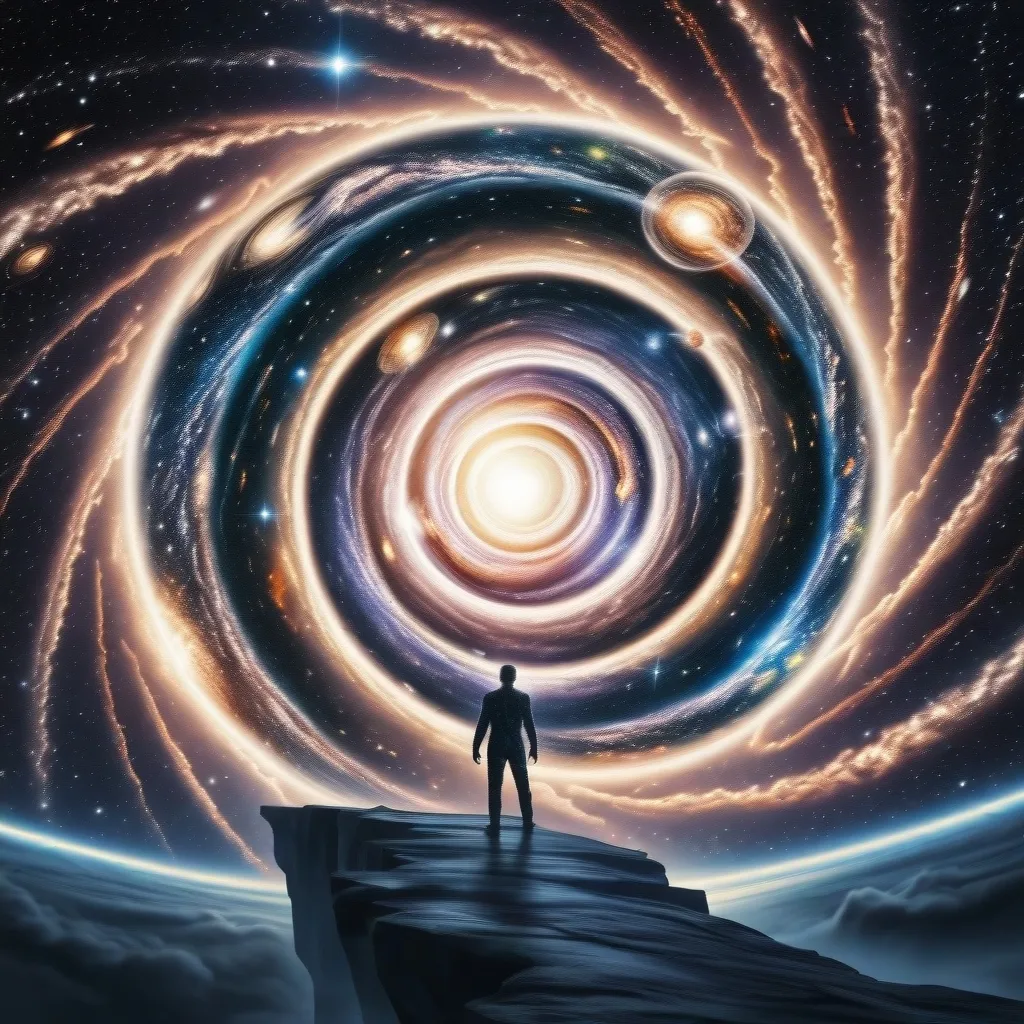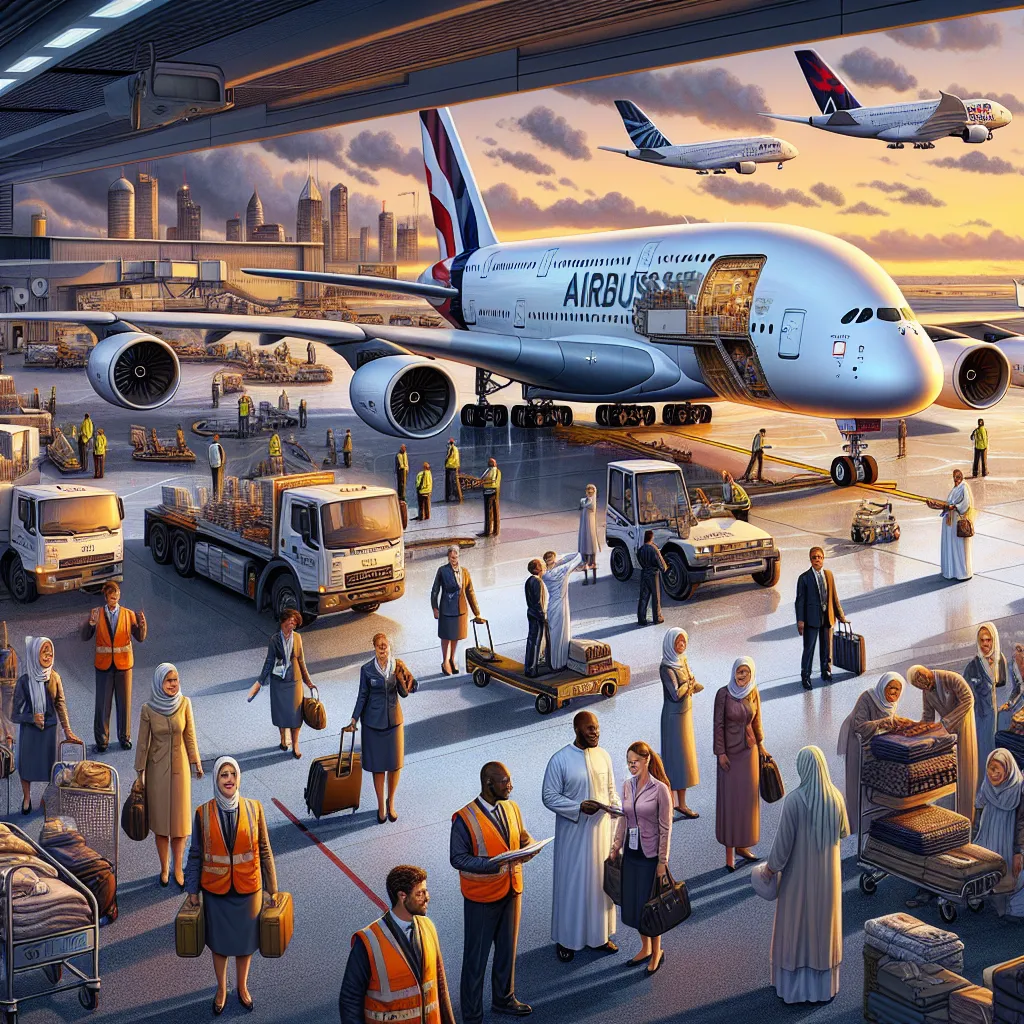Have you ever wondered if your worldview is truly your own, or if it’s shaped by forces beyond your control? The concept of “echo chambers” and “reality bubbles” suggests that our perceptions and beliefs might be creating feedback loops that trap us in personalized versions of reality. This idea is not just a product of social media algorithms; it delves into the realm of quantum effects and the nature of reality itself.
Let’s start with the more familiar territory of social media and online interactions. Here, terms like “echo chambers” and “epistemic bubbles” are often used to describe how we interact with information. An epistemic bubble is a situation where you lack exposure to relevant information and arguments, often because you unintentionally or intentionally avoid them. For instance, if you only follow people on social media who share your views, you’re likely to miss out on opposing perspectives.
An echo chamber, however, is a more insidious phenomenon. It’s a situation where other relevant voices are not just ignored but actively excluded and discredited. Imagine being part of a group where anyone who disagrees with the dominant view is systematically discredited and mistrusted. This can lead to a profound isolation from the broader world of ideas and perspectives.
But what if this concept goes beyond the digital realm? What if our very perception of reality is influenced by quantum effects, creating what could be called “quantum echo chambers”? This idea might sound like science fiction, but it touches on some fascinating and lesser-known aspects of quantum mechanics.
In quantum mechanics, the act of observation can influence the behavior of particles. This is famously illustrated by the double-slit experiment, where the act of observing particles changes their behavior from wave-like to particle-like. If we extrapolate this idea to human perception, it suggests that our observations and beliefs could be influencing the reality we experience.
Consider the concept of the “observer effect” in quantum mechanics. Here, the mere act of observing a particle can change its state. If we apply this to human perception, it raises the question: are we, through our collective observations and beliefs, shaping the reality we experience? This is where the idea of “reality bubbles” comes in – the notion that each of us might be living in slightly different versions of reality, separated by invisible quantum walls.
This idea is not entirely new; it resonates with theories in quantum mechanics such as the Many-Worlds Interpretation. According to this theory, every time a quantum event occurs, the universe splits into multiple parallel universes, each with a different outcome. While this is highly speculative, it suggests that reality might be far more fluid and multifaceted than we traditionally think.
So, what does this mean for our everyday experiences? If we are indeed living in personalized reality bubbles, it could explain why people can have such vastly different takes on the same events. Imagine two people watching the same news broadcast but interpreting it in completely different ways, not just because of their biases but because they are literally experiencing different versions of reality.
This raises profound questions about the nature of shared experiences. If reality is not a fixed, objective truth but rather a subjective experience shaped by our perceptions, then what is real? Are we all secretly living in slightly different versions of reality, each with its own unique history and future?
The implications of this idea are staggering. It suggests that big events or even the course of history could be influenced by these reality bubbles. For instance, if a significant number of people believe in a certain outcome, could their collective belief shape the actual outcome? This is a form of collective manifestation that blurs the lines between reality and imagination.
However, this is also where the concept becomes highly speculative and challenging to prove. While quantum mechanics provides some intriguing insights into the nature of reality, applying these principles to human perception and collective reality is a significant leap.
Despite the speculative nature of these ideas, they prompt us to question everything we thought we knew about shared experiences and what’s really “real” out there. They encourage us to be more open-minded and to consider perspectives that might be outside our immediate reality bubble.
In the end, whether or not we are living in quantum echo chambers, the idea itself serves as a powerful metaphor for the importance of diversity in thought and experience. It reminds us that our worldviews are not absolute and that there are always other perspectives waiting to be discovered.
So, the next time you find yourself in a heated debate or observing an event, remember that the reality you’re experiencing might not be the only one. This realization can foster a deeper respect for differing opinions and a greater willingness to engage with the world in all its complexity and multiplicity. After all, if reality is as fluid as quantum mechanics suggests, then our perceptions and beliefs are the keys to unlocking new dimensions of understanding and experience.

